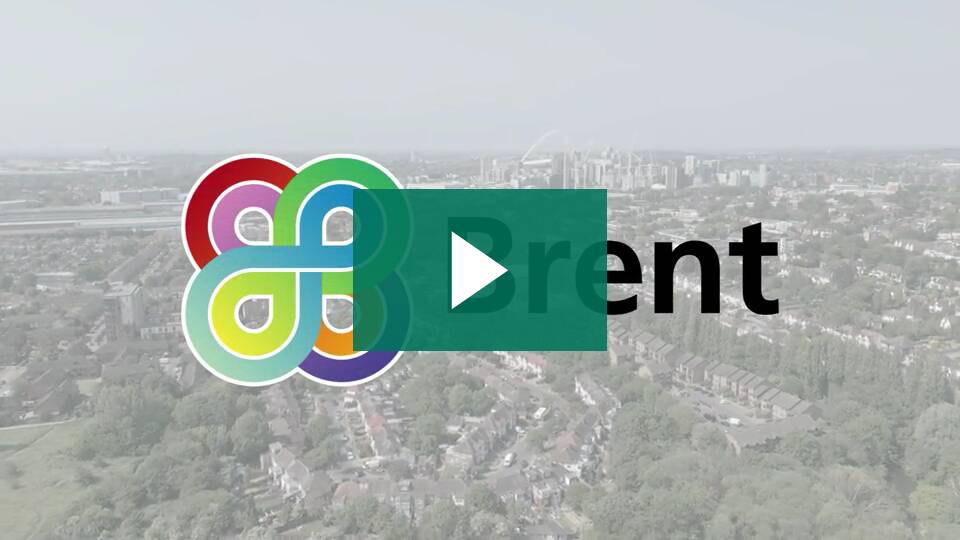I am therefore writing today to put forward an additional case for flexibility to ease restrictions around the usage of Community Infrastructure Levy (CIL) funds, devolving the decision making to local councils to decide how to invest in their local aras, as they see fit. It’s our responsibility, as a dual Labour administration, to get these funds to where they need to go.
Infrastructure projects alone cannot address the challenges which local areas and residents face. Greater flexibility in the use of CIL funds would mean that councils can address urgent non-infrastructure needs, allowing this council to pilot and pay for new projects that would meaningfully make a difference. Today, CIL funding cannot be utilised for investing in a new waste enforcement team, or community safety officers, for example. We therefore ought to expand the criteria if what we mean by infrastructure and impact mitigations, allowing for the recruitment and retention of additional staff to keep our borough safe and clean.
Easing restrictions does not mean abandoning fiscal responsibility, rather adapting to current realities and the challenges councils are facing. Councils can still practice sound financial management while using CIL more flexibly. Establishing clear guidelines and accountability for the use of CIL funds would ensure that the funds are used effectively and responsibly.
I urge the Government to implement these reasoned flexibilities and help us to unlock funding that is sorely needed today
Community Infrastructure Levy (CIL) has the potential to deliver improved infrastructure within local areas but there is a long wait for this. The stringent criteria imposed on the use of CIL makes it far too difficult to use.
As a result in the case of the London Borough of Brent the Council in its 2024/25 budget estimates that it will have a staggering £250 million of unused CIL in its reserves at the end of its financial year on 31 March 2025.
For years Councils have been pleading with the Conservative Government to set longer term Local Government financial settlements to provide some element of certainty and the ability for Councils to plan ahead. This has fallen on deaf ears.
There will inevitably be appeals to the new Labour Government to address this and more importantly to provide more money for local Government. Judging from the statement from the Chancellor this week the financial outlook is tough and the chances of more money for local Government are very slim.
There is however something very simple and quick that you could do for Local Government without extra money from the Treasury at this time:
Give local councils greater freedom and greater flexibility on how to use CIL for essential services (Revenue and Capital) in their area.
Currently the use of main CIL is extremely restrictive and expenditure which is normal in the course of everyday Council business cannot be funded. Brent for example has a massive backlog of road and pavement repairs due to decades of past underspending. Why cannot part of the large CIL pot not be used to tackle this backlog? Who benefits with the money being unspent and simply accumulating and ever growing reserves? It makes no sense at all.
At present 15% of CIL is allocated to a Neighbourhood Pot for local residents to allocate. Why not change the rules so that say 42.5% of the remainder is allocated to the expected infrastructure projects and the other 42.5% freed up to be used on essential Revenue and Capital spending to meet the Council’s own priorities.
Brent is not the only borough with large amount of unspent CIL. I am convinced that across Local Government the unused CIL pot will amount to many £Billions.
So why not do something positive and quick to help Local Government from its current funding crises and at no cost to the Treasury.
My colleague Councillor Paul Lorber wrote on this same issue to Michael Gove a few months ago. You won’t be surprised to learn that he received a negative answer which failed to address the issue – which Mr Gove probably failed to grasp.
I am hopeful that you not only understand the point I am making but that you are more sympathetic to the plight of Local Government and therefore more determined to free up some of the CIL money and thus help local Council’s to start tackling the backlog of accumulating neglect in their areas.





